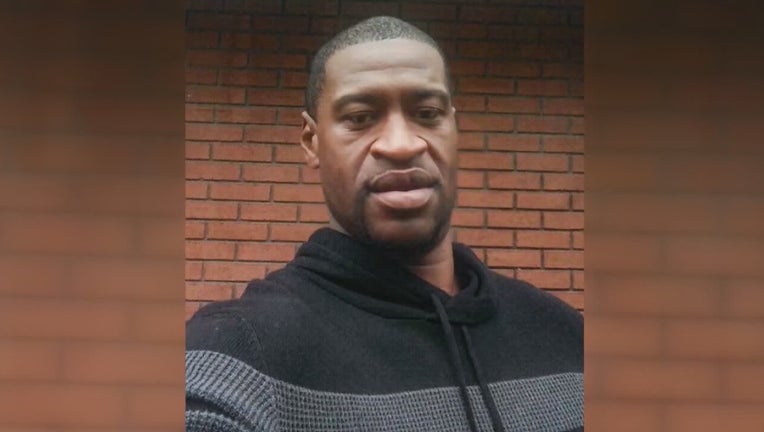Michigan bills push police changes year after Floyd death

George Floyd died after being arrested by Minneapolis police on Memorial Day in 2020.
LANSING, Mich. (AP) - Michigan lawmakers unveiled bipartisan bills Tuesday that would require updated use-of-force policies and make changes designed to hold police accountable for misconduct a year after the slaying of George Floyd in Minnesota.
The Senate legislation would, among other things, let a state agency revoke the license of an officer who has used excessive force causing death or serious injuries. The Michigan Commission on Law Enforcement Standards also would be required to develop guidelines for independent investigations of officer-involved deaths.
Related: Protest held in Dearborn demanding police accountability on anniversary of Floyd's death
Each law enforcement agency would have to adopt a use-of-force policy that emphasizes de-escalation techniques unless they are not feasible, includes a continuum of proportional responses, and requires an officer to exhaust all other alternatives before using deadly force.
Bills targeting police misconduct did not advance last year despite global protests and a racial reckoning in the wake of Floyd’s murder at the hands of a white officer. But proponents expressed optimism, citing many months of bipartisan work.
"We think it will actually not just help keep the community safe but also help keep officers safe," said Sen. Stephanie Chang, a Detroit Democrat who announced the package with Republican Sen. Roger Victory of Hudsonville. They are the ranking members of the GOP-controlled Senate Judiciary and Public Safety Committee, which will begin hearings on the legislation.
"It really speaks to a lot of the things that are needed to bring about some change around accountability and transparency," Chang said. While some agencies already have policies in place, "we need to make it consistent across the state to hopefully prevent future injustices."
MORE: George Floyd one year later -- Scenes of celebration across Minneapolis
Other bills would restrict the use of chokeholds and no-knock warrants, and require law enforcement agencies to have written policies stating that officers have an "affirmative duty" to intervene to stop excessive force by fellow officers.
"I believe we all have the shared goals of improving policing, community interactions, and public perceptions while supporting the many courageous police officers who keep our families safe," Victory said in a statement.
Democratic Gov. Gretchen Whitmer has backed changes such as those outlined in the legislation, having called for similar bills last June.
"I look forward to working with the Legislature and passing these policing and criminal justice reforms into law," she said in a statement that marked Floyd’s death. She said while justice has been served in the case — a white officer was convicted last month of murdering the Black man — "our march is far from over."
Earlier this month, Republicans who lead the House proposed an $80 million funding increase for law enforcement, including to help recruit and retain officers. Asked his openness to policy reforms, House Speaker Jason Wentworth, of Farwell, said Republicans were "solely focused right now on supporting our men and women in uniform."
Incentives would include maximum $2,000 signing bonuses for new officers, up to $20,000 in tuition assistance to attend police academies and maximum $4,000 stipends during recruits’ training. Other funding would incentivize the use of body cameras and increase mental health support.

